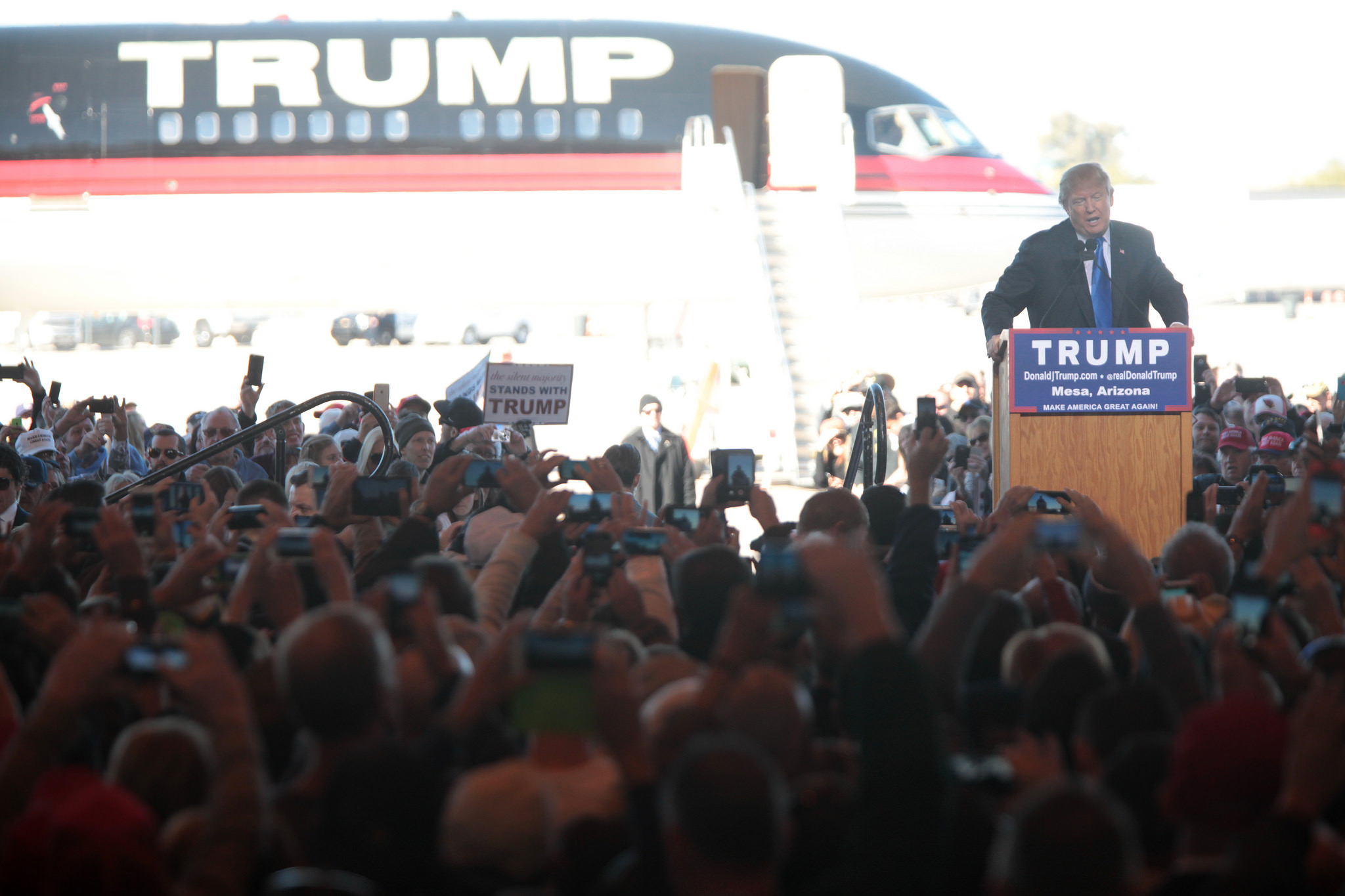By Rachel Weintraub
Last month, Time Magazine gifted its prestigious Person of the Year award. The award, which typically recognizes someone who has “most influenced events of the previous year,” has been given to some of the most notable leaders who have shaped the course of society, including FDR, Martin Luther King, Jr., and Barack Obama. This year, however, Time Magazine did something different—and drastic—by instead choosing women who have shared stories of sexual assault and created a national movement, centered around—but not limited to—the hashtag #metoo.
Over the past few months, the #metoo movement has grown. Take, for example, famous men who have been disgraced by acquisitions of sexual assault, such as Harvey Weinstein, Louis C.K., and Charlie Rose. Consider the impact the #metoo movement has had in American politics; in only a month, three congressmen have resigned (the most to leave at once, by the way, since disputes over slavery) not to mention allegations towards Roy Moore or former President George H.W. Bush. Yet accounting for only high profile acquisitions fails to consider the movements’ full scope, with women around the globe coming forward about assault or harassment.
Sexual assault was traditionally a topic considered off-limits to public discourse; a “taboo” to discuss with only the closest of confidants. But sexual assault is now a nationally trending topic, with drastic consequences for those accused.
To this note, political science has a unique perspective. In the study of comparative politics, the concept of preference falsification is routinely used as a theoretical explanation for how social movements or revolutions begin. This proposition notes that individuals often hide or “falsify” their preferences out of fear that the government will punish them. Only as a protest movement grows and the risks associated decrease are they willing to share private views. The research suggests that social media further accelerates this dynamic by facilitating the widespread sharing of information and rapidly connecting previously disconnected individuals. A similar dynamic may be relevant in recent discussions of sexual assault.
I propose that we think of this “taboo reduction” as following a similar pattern to that in which social movements overcome preference falsification. The cost of openly discussing a “taboo” issue decreases as an initial call to action emerges and more are subsequently willing to engage in conversation. In. While primarily social in nature, these costs can be devastating and debilitating to the individual enduring them. As others begin to share their experiences, though, more individuals become more willing to join in. Social media accelerates and enhances the mechanism of “taboo reduction” by serving as a prominent forum for deconstructing traditional social taboos. Forums like Facebook, Twitter, and Instagram encourage individuals to share traditionally private thoughts on formerly taboo topics, subsequently causing a cascade effect by encouraging more and more people to engage in discussions typically considered off-limits.
The idea of “taboo reduction” has transformed sexual assault from a rarely discussed topic to an attention-grabbing issue, cumulating in the resignation of several high-profile men and a Time Magazine cover. In multiple instances, a “private” preference gone public has encouraged others to reveal their deeply personal thoughts. Social media has been a catalyst in encouraging the spread of these newly public ideas, which has subsequently led to a breakdown of the traditional taboo that declared discussing sexual assault off-limits.
Likewise, with #metoo, all it took was one initial post to serve as a catalyst for a broader discussion. In just a few hours, hundreds of thousands of women posted in response, many openly discussing their encounters with sexual aggression to hundreds of Facebook acquaintances; and many, for the first timeThese posts on sexual assault weren’t anything new—rather, private ideas turned public after an initial impetus. The specific content of the posts varied as much as the writers themselves. Recalling an incident in which a work superior made inappropriate comments, one respondent wrote, “I only ever discussed the issue with a very close and trusted friend, but it bothers me to this day… I was thinking of this when I posted #metoo, seeing all the women who similarly were made so uncomfortable.” Clearly, the scope of #metoo was broad, and encouraged a range of people to share their personal experiences with sexual assault publicly for the first time.
The shattering of taboos surrounding discussions of sexual assault, most notably with Time Magazine’s recent cover, provides a textbook example of “taboo reduction” in action. The concept of “taboo reduction” provides a theoretical framework with which to understand anecdotal observations of today’s most salient and notable discussions. Thanks to one initial post, thousands of women representing a variety of backgrounds and experiences are more comfortable speaking about sexual assault, further diminishing the longstanding taboo forbidding such discussions and forcing a long-overdue national reckoning on this crucial issue.
Rachel Weintraub graduated with honors from Barnard College of Columbia University with a degree in political science and economics. Her research and writing focuses on gender politics and policy. She is based in New York, New York and can be reached at racheleweintraub@gmail.com.







